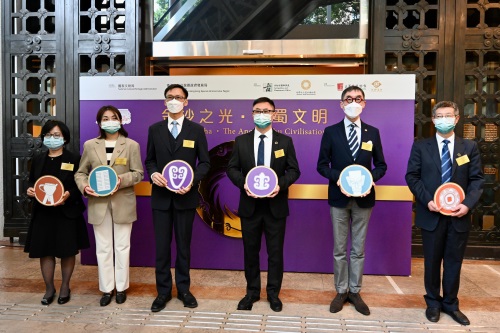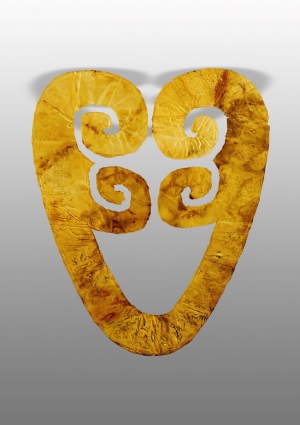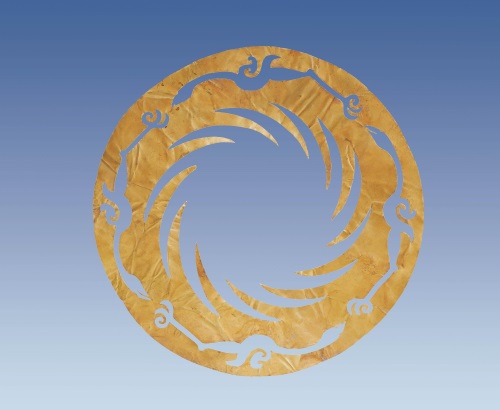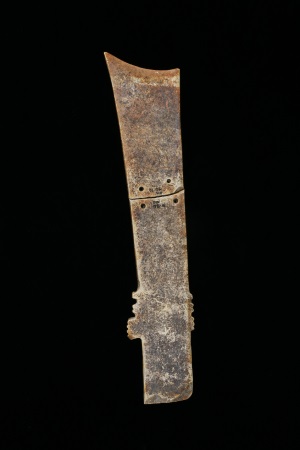An exhibition entitled Light of Jinsha – The Ancient Shu Civilisation is now open at the Hong Kong Heritage Discover Centre. Featuring over 70 pieces of invaluable national exhibits unearthed from the archaeological sites in Sichuan Province, namely Jinsha in Chengdu and Sanxingdui in Guanghan, the exhibition reveals the civilisation of the ancient Shu of 4,000 years ago.




The “Light of Jinsha – The Ancient Shu Civilisation” exhibition is the first exhibition following the signing of the framework agreement by the Development Bureau and the National Cultural Heritage Administration last month to further promote cultural heritage exchange and collaboration on archaeology and built heritage.
The Jinsha site, a major archaeological discovery in 2001, is another political, economic and cultural centre established by the ancient Shu people in Chengdu Plain after the Sanxingdui civilisation. Located in the northwest of downtown Chengdu with a total area of over five square kilometres, the site has yielded various important remains as well as tens of thousands of precious cultural relics, including sacrificial vessels and household utensils made of ivory, gold, bronze and jade.
Over 200 pieces of gold artefacts were unearthed from the Jinsha site, topping the archaeological sites of the Xia and Shang dynasties ever found in terms of the quantity and variety. Among the gold artefacts on display at the exhibition are two pieces of grade-one national treasures, namely a face-shape gold foil and a frog-like gold foil. A replica of the “gold foil sunbird”, the most significant national treasure unearthed at the Jinsha site, is also be displayed to showcase the exquisite gold craftsmanship of the ancient Shu.
Also displayed at the exhibition are seven selected archaeological artefacts from Hong Kong, including a stone yue-axe, a stone ge-blade, a stone ring and a stone yazhang-tablet, for comparison with those excavated from Sichuan. The similarities between these relics from Hong Kong and Sichuan suggest a spread of ritual artefacts from the Central Plains to the Chengdu Plain and the Pearl River Delta region in Lingnan, demonstrating the “pluralistic integration” of the origins of the ancient Chinese civilisation.
The arrival of the national exhibits in Hong Kong and the preparation of the exhibition are introduced in a short video (https://youtu.be/Jq9NCZOKaQI) produced by the Antiquities and Monuments Office (AMO).
The exhibition is held at the Hong Kong Heritage Discovery Centre, Kowloon Park, Haiphong Road, Tsim Sha Tsui until March 29, 2023. Admission is free. For details, please visit the AMO’s website (https://www.amo.gov.hk/en/news/index_id_128.html?year=2022) or call 2208 4488.